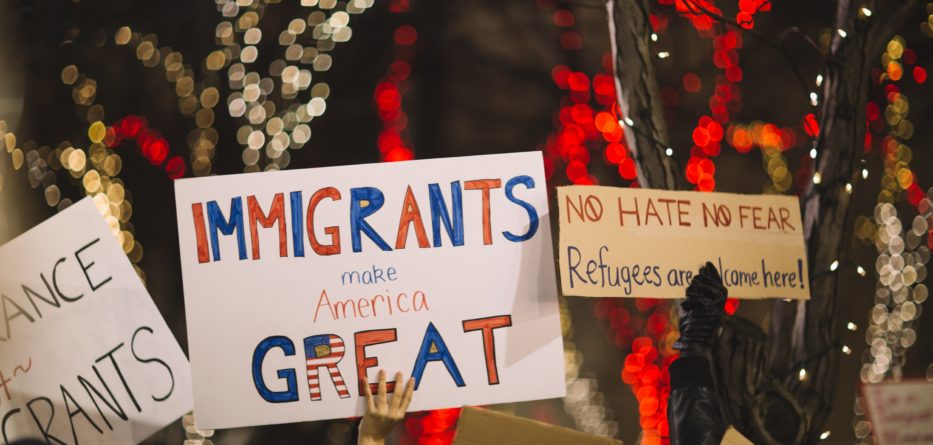The law gives all governments the prerogative to design and implement their migration policies to guard territorial integrity, as well as to safeguard the well-being and citizen security, but that authority is not a blank check: there are absolute human rights standards for guide those decisions to be humanitarian, respectful of human dignity and rigorous in the fulfillment of due process for all people, regardless of their immigration status.
Under that criterion, the House of Representatives oversight committee put under the magnifying glass one more of the Trump administration’s controversial immigration policies: the deportation of critically ill children and their families.
On August 7, 420 minors and their parents were notified by the Office of Immigration and Citizenship (USCIS) that they should leave the country or be deported, after the Trump administration decided to suspend the deferred exit process for all people, except immigrants in the armed forces or dreamers.
“The heartless Trump administration’s decision to threaten the deportation of sick children to their home countries, where they will most likely die, is part of a pattern of cruel immigration policies that make children white,” said a document from the Democratic majority of the Committee.
Although pressure from lawmakers and activists caused the Trump administration to “partially” reverse the policy on September 2 and “completely” two weeks later, the Democrats warn that there is confusion and uncertainty since it is not clear what the new policy is and Many applications have been pending to renew the residence permit for children and their families.
During a Committee hearing this week, the acting director of the USCIS, Ken Cuccinelli reconfirmed that the policy was abandoned by decision of the acting secretary of National Security Kevin McAlenaan and that all cases pending until August 7 – about 700 They were reopened. Until this week only 41 had been decided.
However, the current rule gives migratory agents the discretion to determine whether there are “convincing facts and circumstances” to decide the future of critically ill children and their families. For Democratic legislators and activists, an institutional guarantee is required that these children – totaling around 900 throughout the country – will not be deported.
That the cruel policy of deportation of critically ill children has been reversed under pressure is not important. The important thing is that these children have the opportunity to receive a life-saving treatment.
But the incident is a new reminder of the key role that Congress plays as a counterweight to the executive branch and the importance of representatives representing the most dignified and noble causes.
For more information visit www.laredhispana.com






